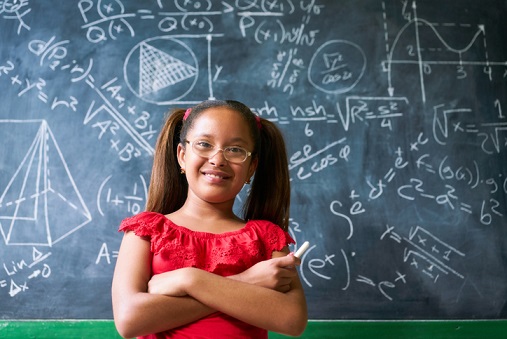
As technological change ramps up, what will today’s six year olds need to thrive, and not just survive, when they finish school?
Around the world, many policymakers believe this challenge can be answered by providing students with a solid education in Science, Technology, Engineering and Mathematics (STEM).
With the increasing automation of the workforce, the spotlight has been put on the technology component of this acronym. This is because rapid advances in AI, robotics and 3D printing have seen schools splash out on equipment and programs in attempt to stay ahead of the curve.
However, while it’s one thing for students to metaphorically ‘keep their head above water’, how can schools ensure that they thrive alongside these dizzying changes?
Professor John Buchanan, head of business analytics at the University of Sydney Business School, and the Sydney Policy Lab, recently published a paper, titled: ‘Preparing for the best and worst of times’.
In the paper, Professor Buchanan, along with an inter-faculty team of professors, researchers and senior academics consider the question: what will today’s six year olds need to thrive, and not just survive, when they finish school given the extent of predicted technological and global change?
Also setting out to answer this question were 20 professors and senior academics, who were brought together in workshops and interviews to discuss their insights into the future needs of citizens in a world disrupted by AI and technology, and what this might mean for education.
According to Professor Buchanan, students need to develop more than just ‘soft’ or ‘general employability’ skills.
“If we want young people to thrive as citizens and not just be highly flexible labour, they need nurturing in many aspects of life and development, not just those related to employability,” Professor Buchanan said in the report.
“Students need to develop fundamental dispositions for learning and adaptability in the broadest sense, such as concentration, resilience, curiosity.”
Buchanan says that in an AI-rich world, students will need to understand how algorithms and AI-based technology works, how it can impact on their world and the importance of ethical design.
One important factor in achieving this, says Buchanan, is understanding that 21st century skills are best acquired through domain-specific knowledge.
“Once the early learning foundations have been built, the mastery of these ‘soft’ skills are best developed in the context of deep domain specific knowledge and specialist expertise,” he said.
“Skills and expertise in problem-solving, critical thinking and communication may also be subject and job-specific, and not necessarily transferrable.”


